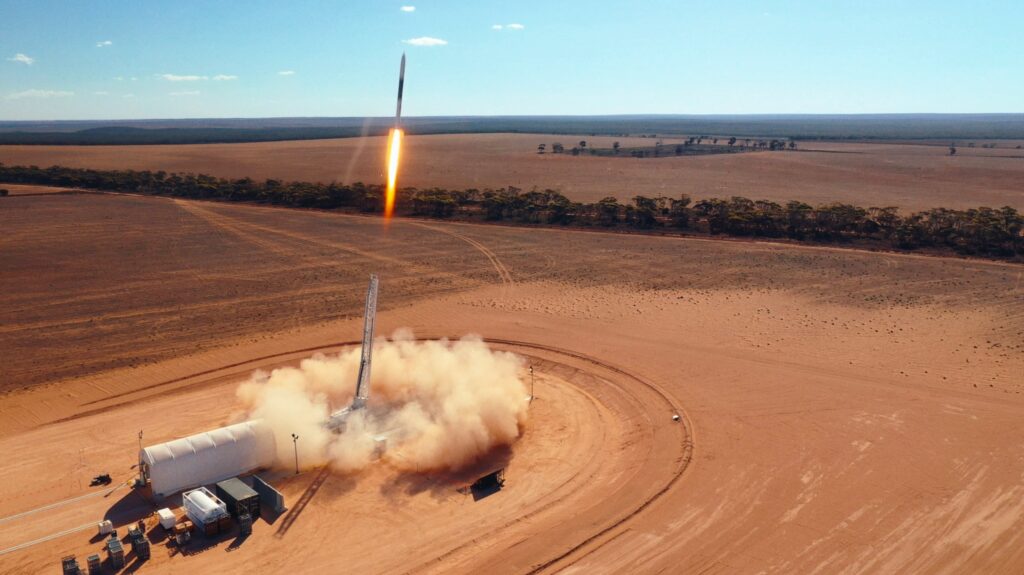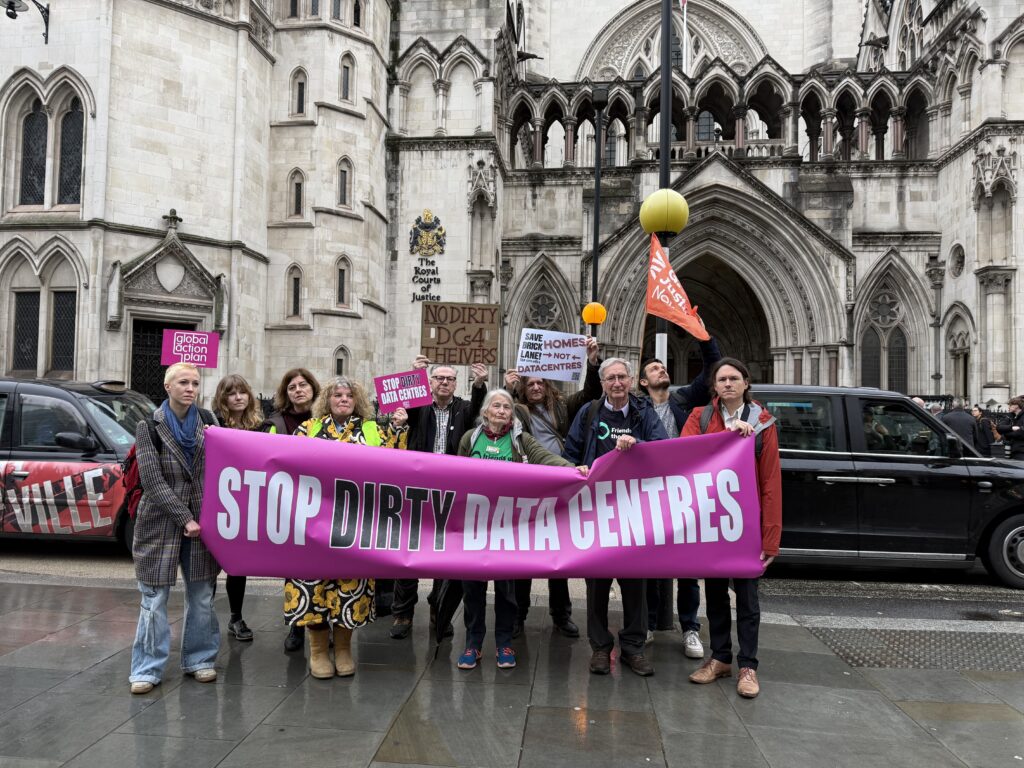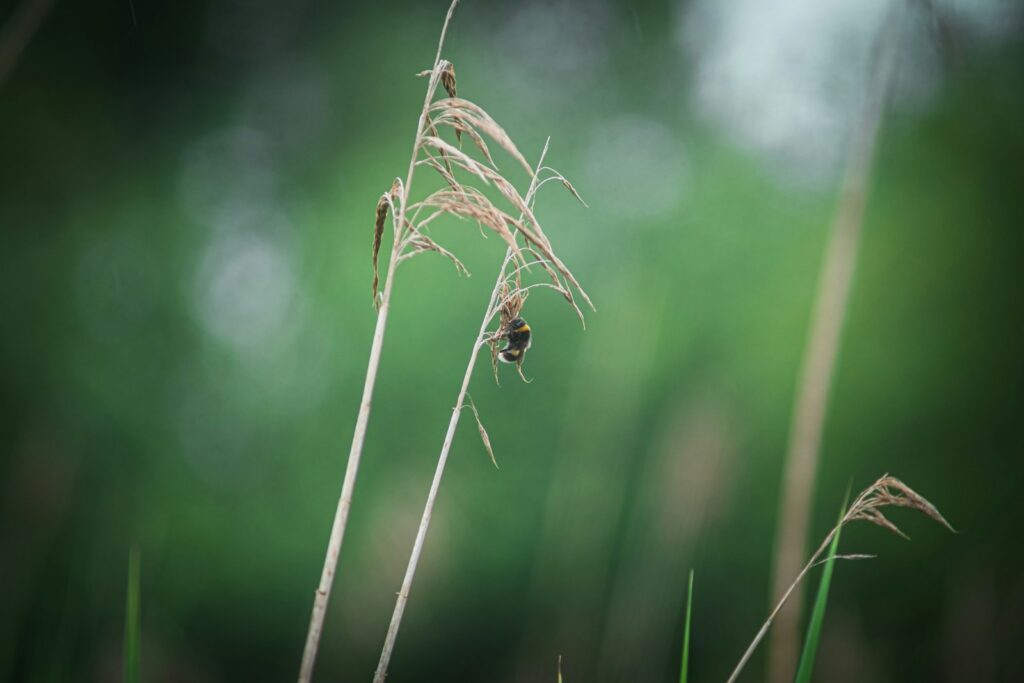Campaigners are calling on the Scottish Government to develop a strategy limiting demand for materials needed to move from fossil fuels.
A new report, commissioned by Friends of the Earth Scotland produced with the London Mining Network, presents alarming details about environmental damage and human right abuses directly linked to the extraction of lithium – used for electric vehicle batteries – and steel, which is needed to build wind turbines.
Unearthing Injustice was published today, Wednesday 31st May, and warns that the negative impact of extraction and manufacturing of supposed green technology will rise sharply if demand grows as is predicted this decade, without measures to clean the sector up.
Focusing on Scotland, it also highlights how the government’s draft Energy Strategy and Just Transition Plan do not take the supply chain of lithium and steel into account and therefore climate targets, and the steps to meet them, are misleading. Mirroring a UK-wide issue that has seen new renewable energy projects stall en masse due to delays connecting to the National Grid, the uncertain and unpredictable supply of renewable-related materials also poses a major threat to decarbonising plans.
Water pollution, biodiversity loss, unsafe labour conditions, physical abuse, infringement on rights and even slavery have all been identified as major problems tied to the mining of transition materials. A hugely energy intensive process leading to large quantities of toxic waste, companies responsible are failing to protect human life and the environment, and regularly coming into conflict with indigenous communities in countries where such activities are taking place.
Currently, it’s expected demand for lithium will increase between 13 and 50 times in the two decades to 2040. Shortages could start to occur in the next three years, though, with just 1% of the material currently recycled. For steel, in Scotland alone there are 1million tonnes already within Scotland’s current offshore wind developments, but this will increase to 14million by 2050.
The steel industry overall is believed to be responsible for 7% of global carbon emissions based on current levels, a figure that will increase significantly as other sources reduce and more steel is needed. Unearthing Injustice makes it clear that the only proven way to control the impact of transition materials is by minimising the need for them.
‘Our research demonstrates the urgent need for a resource justice strategy that delivers justice to workers and communities globally impacted by mineral extraction, processing and manufacturing. A resource justice strategy must both drive supply chain justice and minimise mineral demand. Delivering supply chain justice means establishing a publicly owned energy company, enforcing strict due diligence standards and a reparative trade policy that ensures communities impacted by extraction are fairly compensated.’
“Transitioning away from fossil fuels is vital for a livable planet, but we must not create another crisis in doing so. Materials like lithium and steel are essential for renewables and electric vehicles, but we can’t ignore the serious harm being caused by their extraction. We want to see a Scotland which takes no more resources than it needs and, when resources are taken, it’s done in a way which isn’t harming communities or nature anywhere in the world,’ explained Jake Simms, co-author of the report.
‘The overall demand for materials must be reduced by moving Scotland to a circular economy, where materials are reused and recycled rather than being thrown away after one use, and by focusing on public services rather than private ones,’ said Kim Pratt, circular economy campaigner at Friends of the Earth Scotland.
‘We simply cannot replace all our current petrol and diesel cars with electric cars like for like – we need better public transport, so we don’t need as many cars overall. Scotland could take advantage of the large supply of scrap steel available from within our borders and our low carbon electricity grid to produce some of the greenest steel in the world,’ she continued. ‘The Scottish Government urgently needs to create a resource justice strategy to make sure Scotland’s material use is fair and sustainable as soon as possible.’
You can read the full report here.
More on renewable energy:
Local windfarm provides £300,000 energy fund for vulnerable residents
Material extraction is responsible for 90% of global biodiveristy loss
Image: Jandira Sonnendeck

















